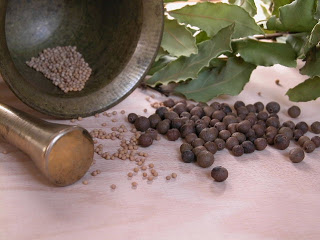Laura Landro
Wall Street Journal
Elderberry extract and acai to boost the immune system. Black cohosh to lessen the discomforts of menopause. Soy capsules to prevent bone loss and prostate cancer.
Many botanical supplements—made from the seeds, bark, leaves, flowers and stems of a wide range of plants—have been widely used as folk remedies for centuries. Americans have been consuming growing quantities of the supplements in hopes of warding off disease and easing symptoms of various conditions. But there is scant scientific evidence to support their health benefits.
Now, the federal government is stepping up research into the safety and effectiveness of a wide range of over-the-counter supplements, including plant oils, garlic, soy, elderberry, licorice, black cohosh, St. John’s wort and the Asian herb dong quai. The aim is to better understand how compounds in the plants affect health and to help consumers make more informed choices about supplements, which can interact with prescription drugs, cause side effects or lead to new health risks. Sales of botanical supplements in the U.S. topped $5 billion last year, up 17% from five years earlier, according to the non-profit American Botanical Council.


Be the first to comment on "Herbal Supplements Face New Scrutiny by Feds"